Micro House vs Tiny House? Find Your Ideal Small Home
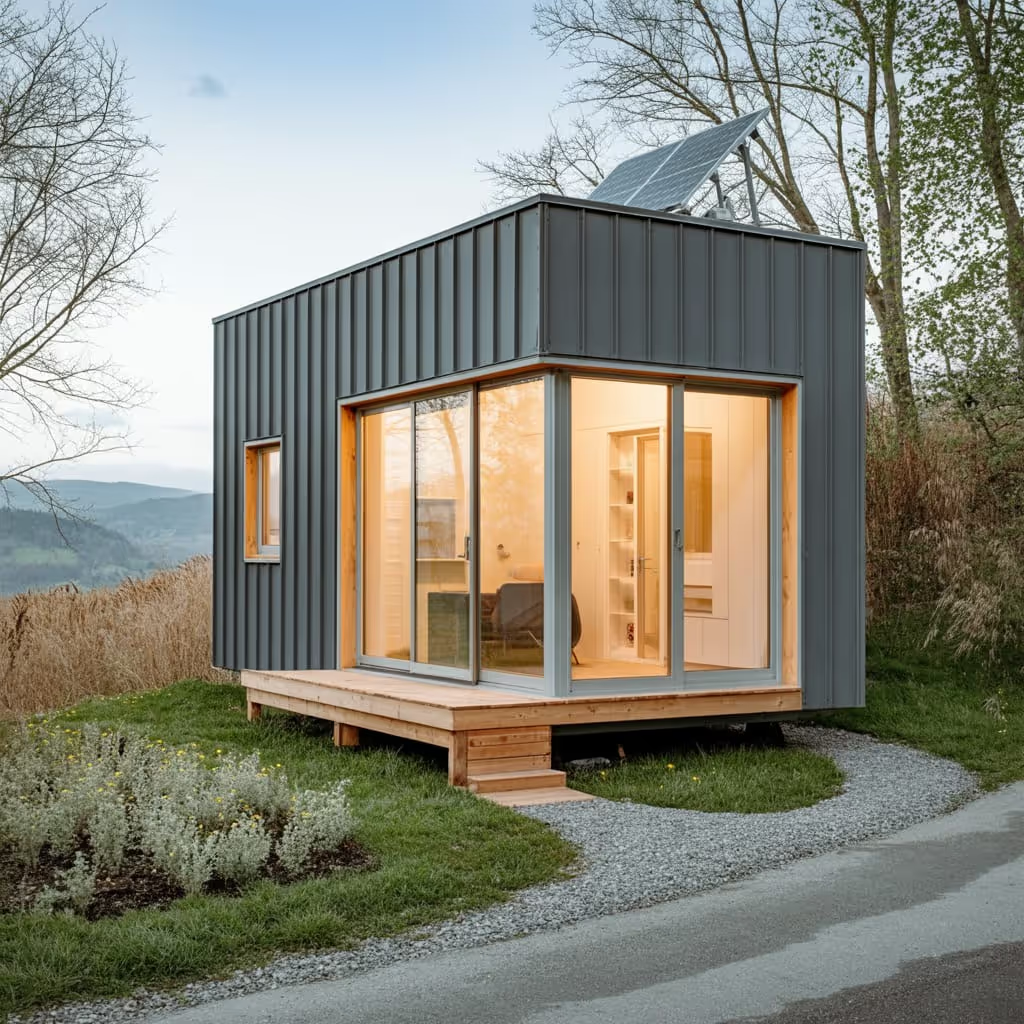
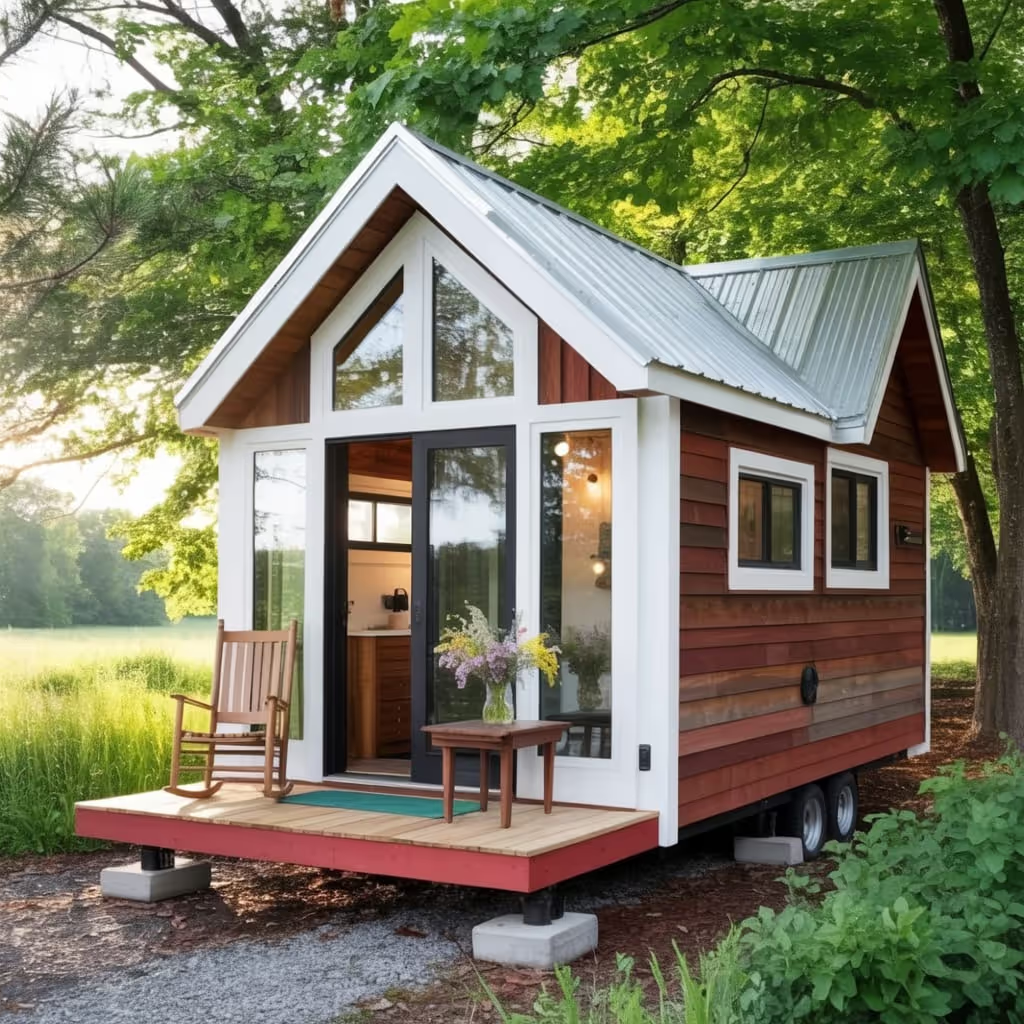
Quick Overview
Breaking It Down by Feature
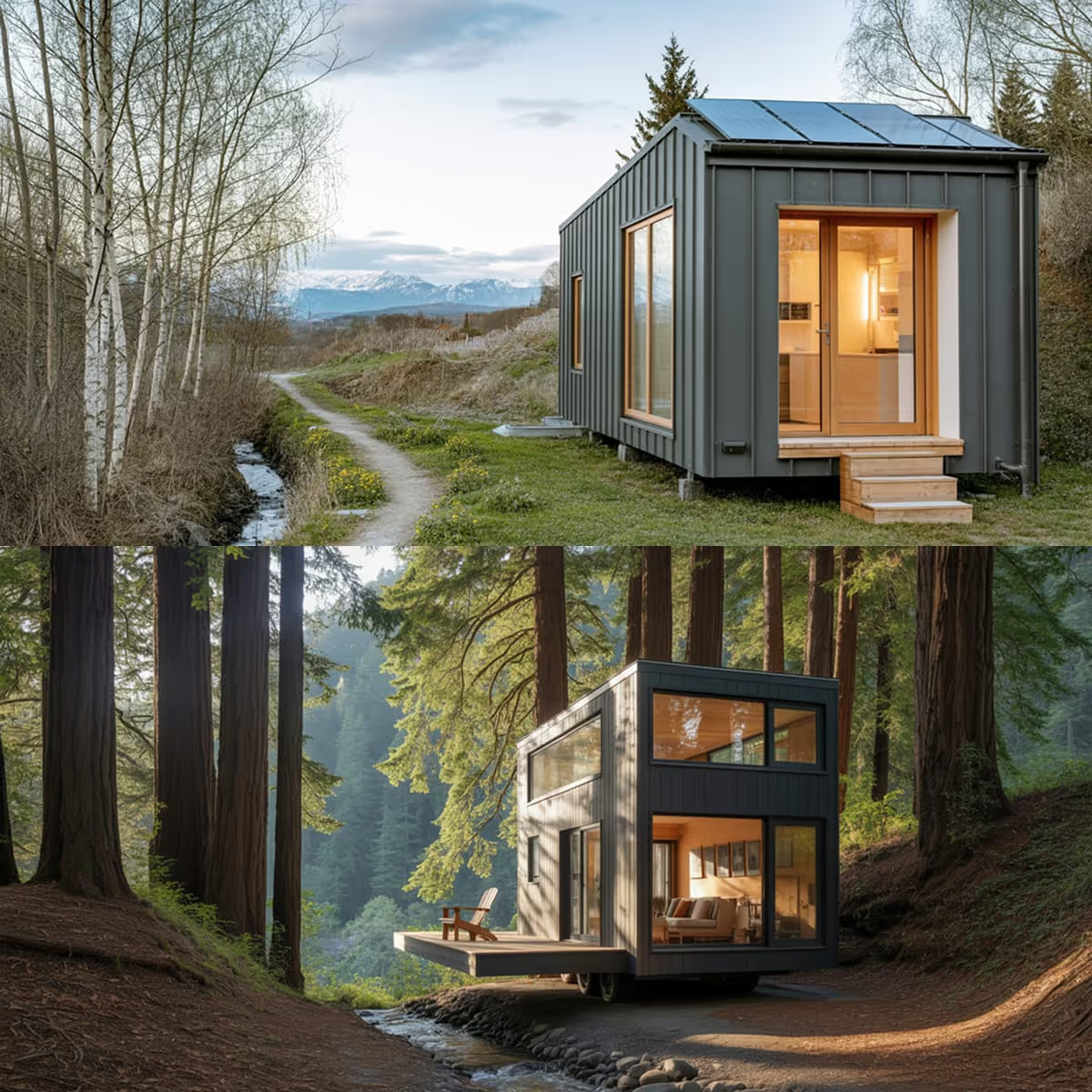
Setup & Portability
Micro Houses are designed for rapid assembly and disassembly, making them easy to relocate with minimal equipment or site preparation. Tiny Houses are heavier and often built on trailers, allowing movement but requiring more effort and planning to transport.
Build Materials & Weather Readiness
Most Micro Houses use lightweight, modular materials that provide basic weather protection but may need enhancements for extreme climates. Tiny Houses typically feature robust wood framing and insulation, offering better resistance to seasonal changes and severe weather.
Comfort, Insulation & Space
The compact design of a Micro House can limit headroom and storage, and insulation is usually minimal, so comfort depends on the climate. Tiny Houses maximize useable space with lofts and clever layouts, and their enhanced insulation makes them livable year-round.
Maintenance & Lifespan
Micro Houses have fewer mechanical systems and less surface area, resulting in lower maintenance needs and a lifespan of five to ten years on average. Tiny Houses, with their traditional construction methods, require standard home upkeep but can last for several decades with proper care.
Aesthetic Appeal
Micro Houses offer a minimalist appearance, often with clean lines and functional design that emphasize efficiency over ornamentation. Tiny Houses provide more flexibility in exterior and interior styles, appealing to a broader range of tastes and design preferences.
Pricing & ROI
Micro Houses are generally less expensive to build and purchase, but their limited amenities can impact long-term value and rental income. Tiny Houses cost more upfront but typically yield a stronger return on investment, especially in markets seeking full-featured small homes.
Frequenty Asked Questions
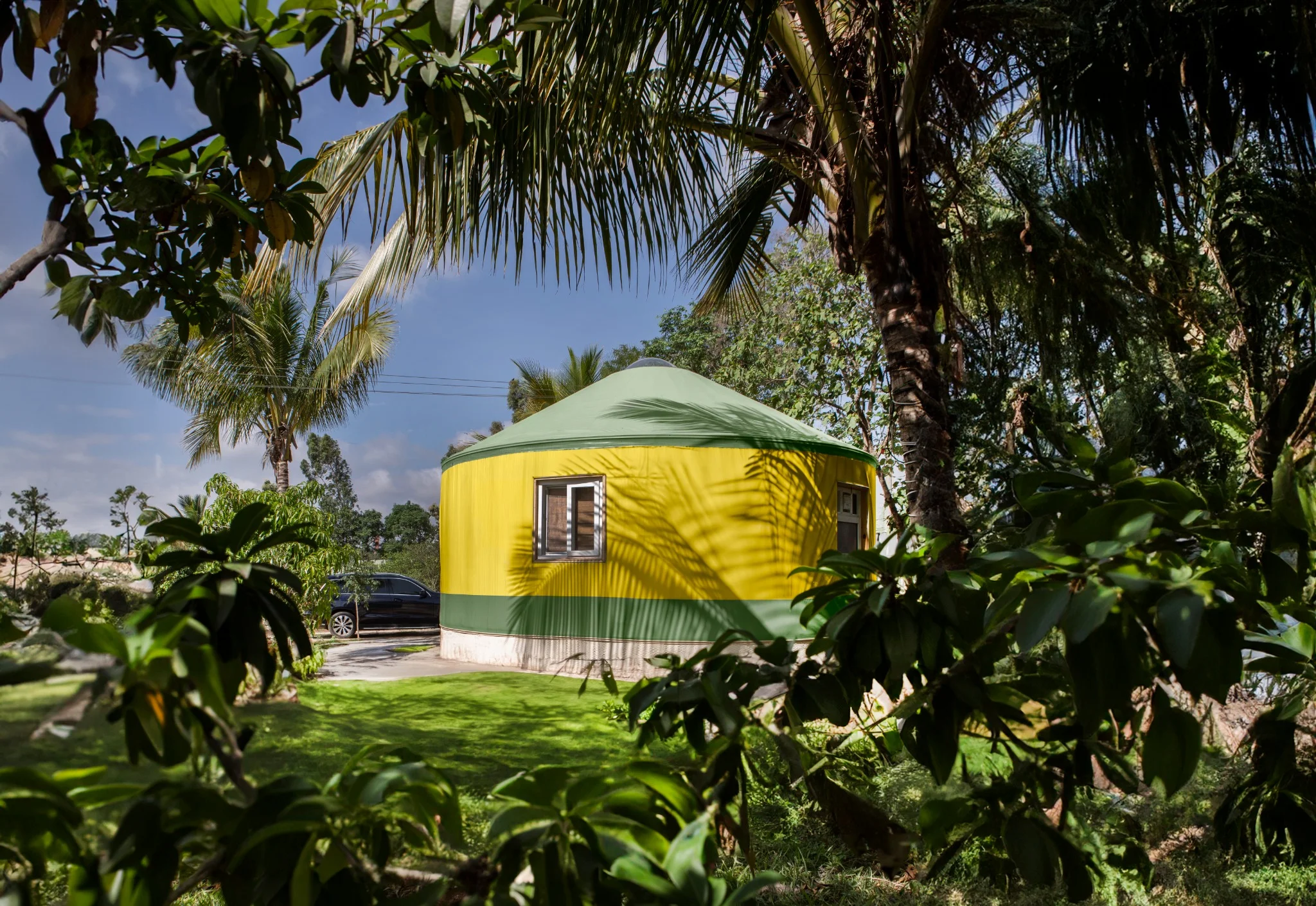
Which lasts longer, Micro House or Tiny House?
A well-built tiny house usually lasts longer due to its larger structure and stronger materials, while micro houses may require more frequent maintenance and repairs.
Which is more comfortable for year-round use, Micro House or Tiny House?
Tiny houses generally offer more comfort for year-round living because they have better insulation and space for amenities, while micro houses may feel cramped in extreme weather.
Do Micro House or Tiny House require a lot of maintenance?
Tiny houses are typically more suitable for all seasons as they provide extra room for heating and cooling systems compared to micro houses.
How well do yurts handle extreme weather compared to Micro House or Tiny House?
With more interior space, tiny houses accommodate furniture and appliances that enhance comfort throughout the year, unlike the compact micro house.
Do Micro House and Tiny House need building permits?
For year-round use, tiny houses offer improved comfort, insulation, and adaptability, making them a better choice than micro houses for long-term living.


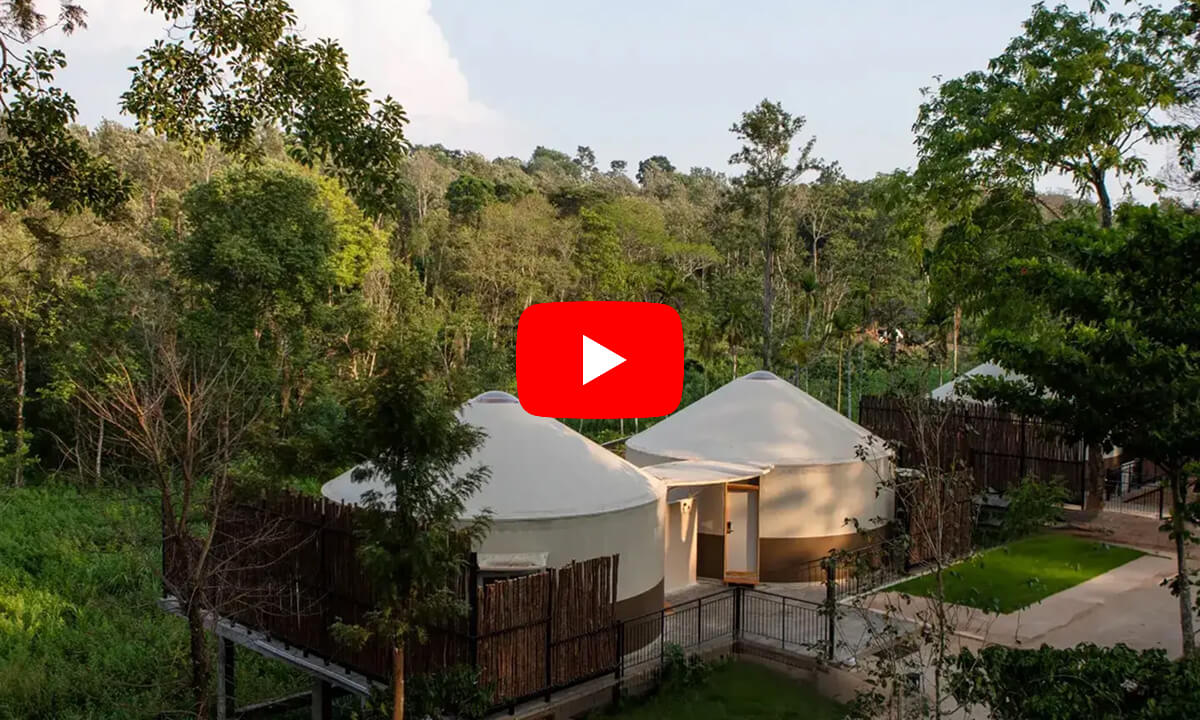

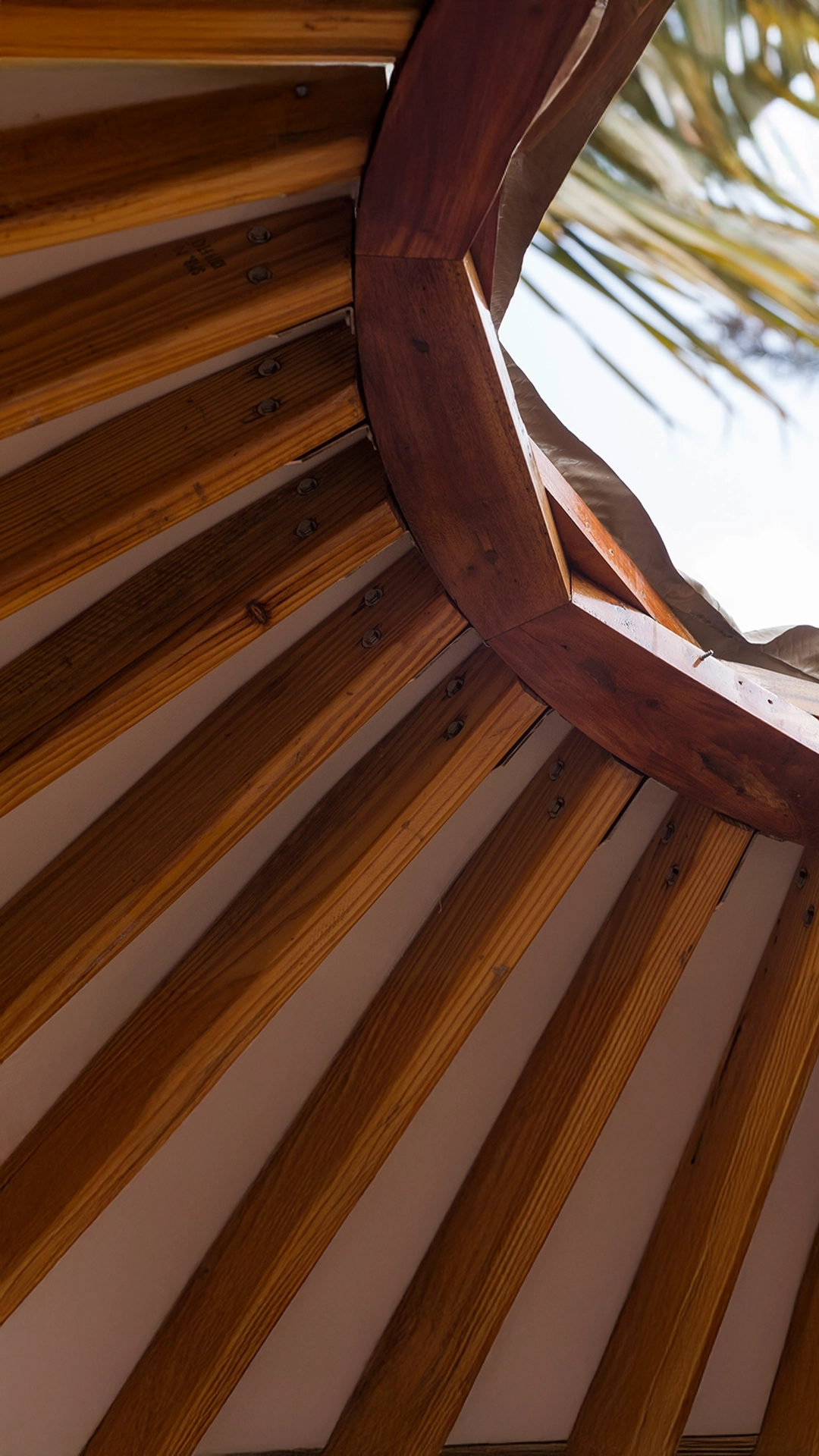
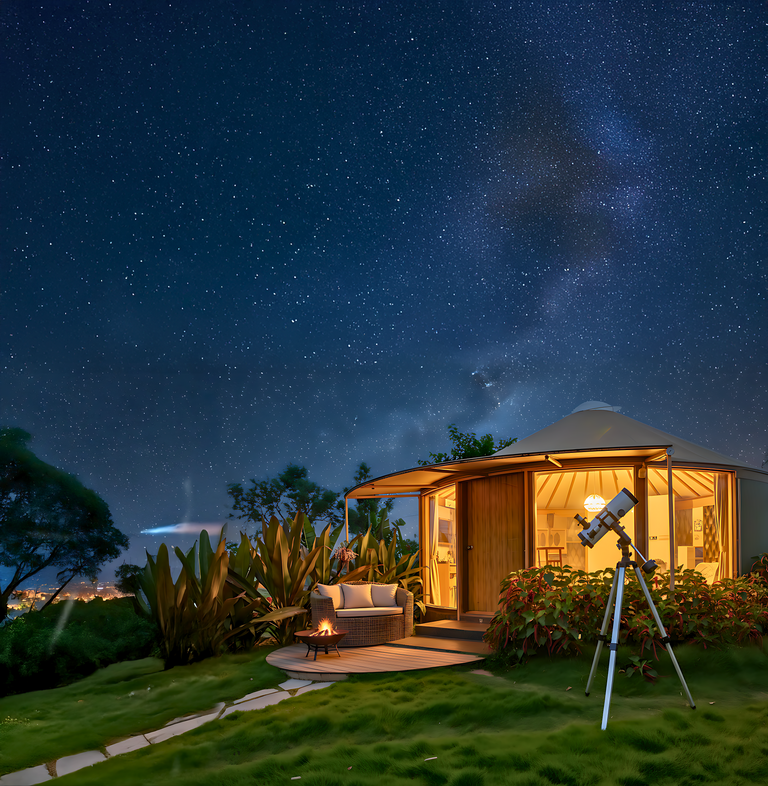
.png)

